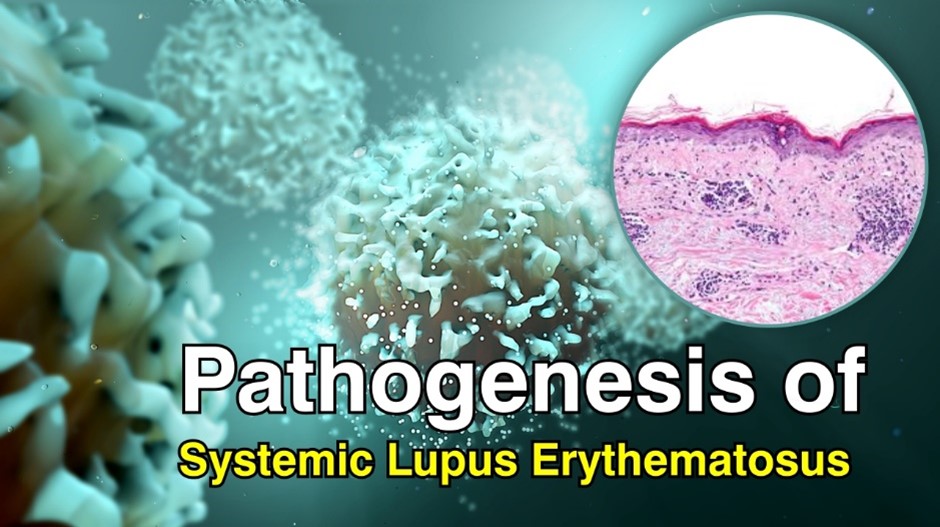About the Course
Systemic Lupus Erythematosus (SLE) is an autoimmune disease where the immune system mistakenly attacks healthy tissues throughout the body. It is characterized by the production of autoantibodies that target the body's own cells, leading to inflammation and tissue damage. Genetic predisposition, environmental triggers, and hormonal factors contribute to its pathogenesis. Dysregulation of T and B lymphocytes, along with aberrant cytokine production, plays a crucial role in the disease process. Immune complexes deposit in various organs, including the skin, joints, kidneys, and central nervous system, contributing to the diverse clinical manifestations of SLE. The unpredictable nature of flares and remissions underscores the complexity of its pathophysiology.
-
Lesson - Pathogenesis of Systemic Lupus Erythematosus
Video
-
Assessment
Assessment
-
Discussion Forum
Discussion Forum
-
Feedback
Feedback
Course Rating
1 Review
-
100%
-
0%
-
0%
-
0%
-
0%
-
Sarojini Raman
06-01-2026




